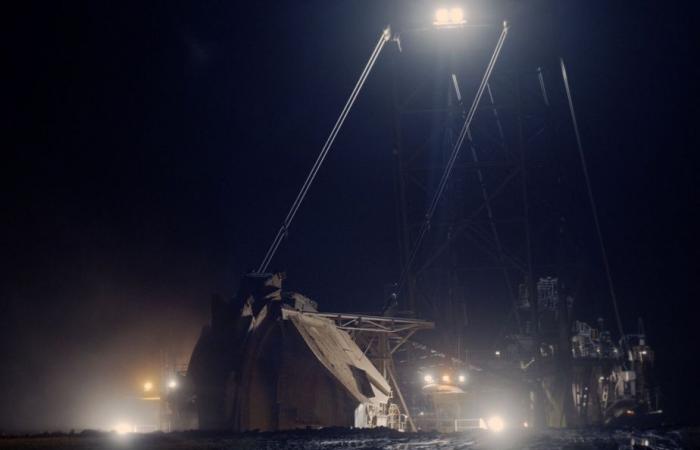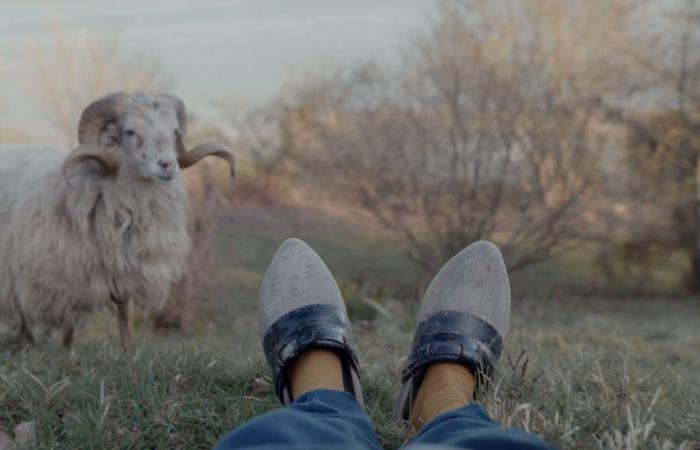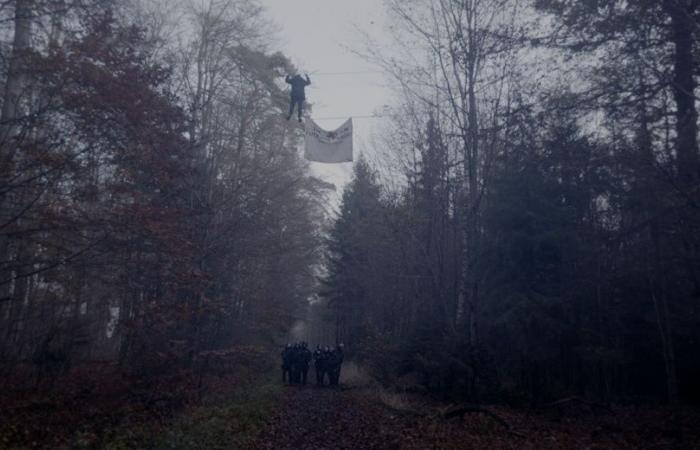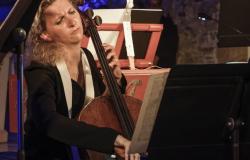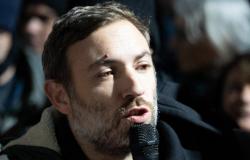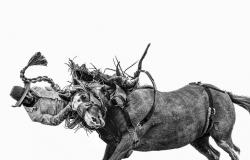At the opening of the 27e edition of the Montreal International Documentary Meetings (RIDM), the directors are offering the feature film this Wednesday evening Preparations for a Miracle by Tobias Nölle. An environmentalist fable with an incisive outlook, the film tells, through the eyes of an android, the struggle of environmentalists against the expansion of an open-air coal mine. Contacted in New York, the director explains his atypical approach.
Published at 7:00 a.m.
An unnamed android from a future without humanity arrives on Earth. Specifically in the village of Lützerath in west-central Germany. She then seeks to make contact with her peers, including a terrifying machine swallowing kilometers of earth.
The android wrongly believes that this vast expanse of lifeless land is the sanctuary of a king. In fact, it is a coal mine in full development. She then approaches the construction machines to start a conversation, but they are not encouraging. She is a bit of a “rejection”, this candid android because, like the ecologists, she disrupts the march of progress.
PHOTO PROVIDED BY RIDM
Image taken from a scene from Preparations for a Miracle
This is the atypical and original path taken by Swiss filmmaker Tobias Nölle to evoke the – very real – story of the Garzweiler open-air coal mine, the exploitation of which displaced thousands of local residents and rallied environmentalists engaged in an unequal fight.
In this carnage, the disappearance of the village of Lützerath had symbolic value as indicated by a report published in The Press on May 2023.
(Re)read the article “The coal mine that ate villages”
In our opinion, the scenario of this documentary in the form of an environmentalist fable bears the burden of a planet threatened with implosion by the behavior of its occupants chained to their implacable need to produce and consume.
We live in a system based on growth. That’s the problem. The main problem is the system in which we live.
Tobias Nölle, filmmaker
The coal mine has been around for quite a while. But isn’t it ironic that its operation is not on the verge of stopping in a country – Germany – which has closed all its nuclear power plants for various reasons, including ecological fears following the disaster of Fukushima?
Indeed, replies the filmmaker in a telephone interview. But the war in Ukraine changed the situation. “Germany received most of its fossil fuels from Russia. She suddenly had to rely on her own resources. »
Slaves of humans
Driven by a keen interest in the subject, Mr. Nölle however did not want to make “another interview documentary”. He wanted an approach, a personal signature. “I trusted my instincts, which led us to what feels like a fairy tale in a way,” he says.
The film, first presented at the Visions du Réel festival in Nyon, Switzerland, has a good narrative flow, but it can be a bit confusing. What do RIDM programmers think? Why did you choose it as an opening?
“The form and approach of Preparations for a Miracle are super interesting for us,” respond in writing Marlene Edoyan, Ana Alice de Morais and Hubert Sabino-Brunette, from the programming collective. “This film deploys in an innovative way between activist documentary, observational cinema and science fiction fable, a fairly unusual, but very fertile amalgam. »
They add that “the offbeat look of an android from the future… offers an original point of view on the present, with an intelligent touch of humor.”
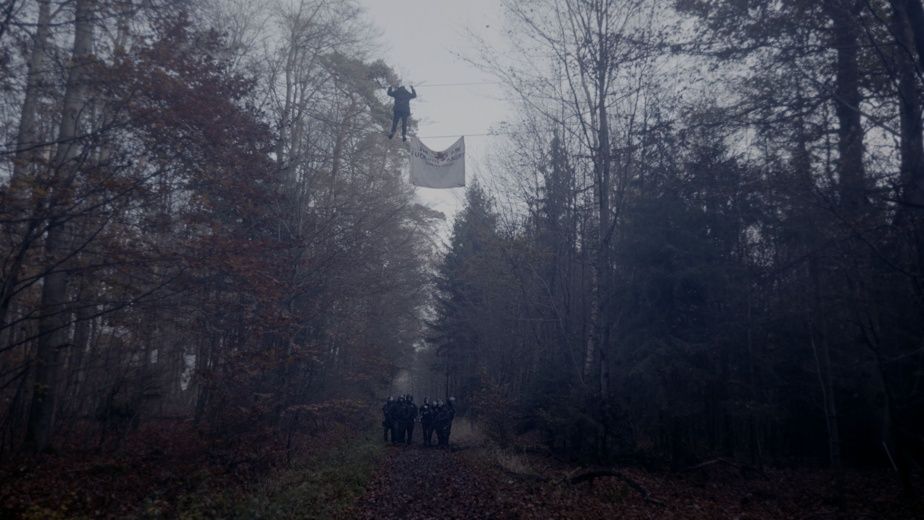
PHOTO PROVIDED BY RIDM
Image taken from a scene from Preparations for a Miracle
Furthermore, Tobias Nölle draws our attention to the role of machines (excavator, backhoe, etc.) in his 88-minute documentary. “As I approached these machines, I realized that they behaved like creatures,” he says. What is happening is not the fault of the machines. We perceive them as bad even though they were created by humans. In a sense, they are slaves. »
Once we leave the screening, we are struck by the joyfully ironic side of the title. So how do we need to be “ready for a miracle”? Because you have to put yourself in the “skin” of the android which, in our humble opinion, is a bit like a Little Princearriving on Earth with noble intentions and a quest for the other.
Tobias Nölle specifies for his part that his android believes that the coal mine is a huge stadium where the king will sing, creating a form of miracle. “But obviously it’s also a metaphor for the system we live in,” he says. We live in a capitalist system where we work and work, hoping that some kind of miracle will happen. But that never happens. And it’s the same spiral that occurs with saving the climate. »
Shows that the miracle of the machine is still the strongest.
Presented this Wednesday evening at 7 p.m. at the Théâtre Outremont and Friday at 5 p.m. at the Cinéma du Parc
Visit the RIDM website

